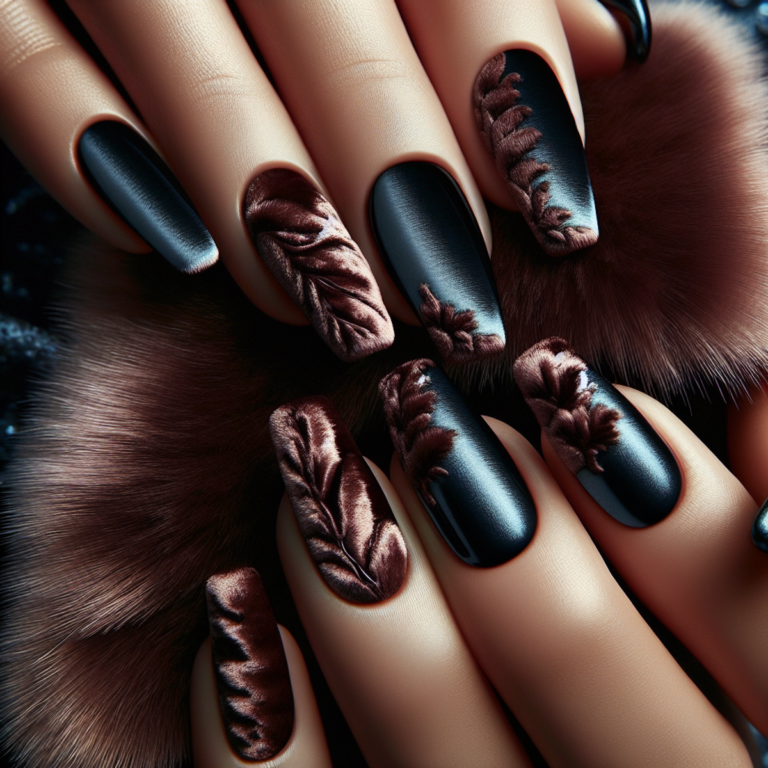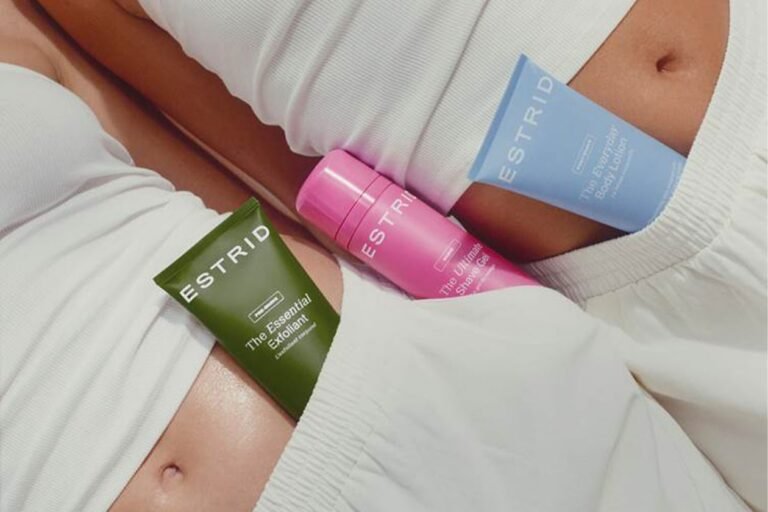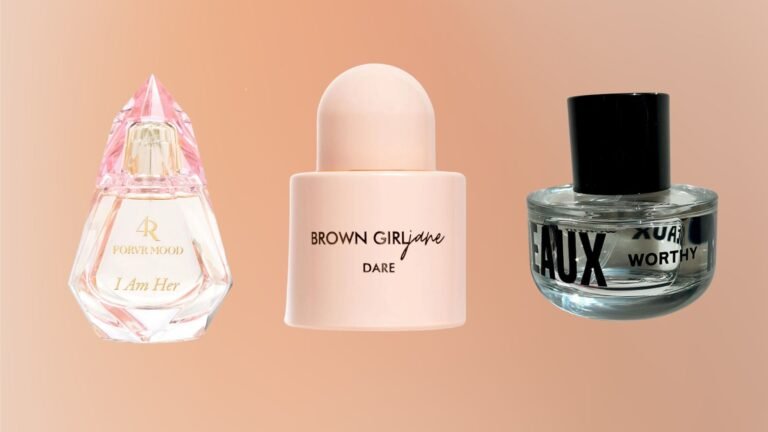FDA gains power, but fails to ban toxic chemicals in cosmetics.

**Dereliction of Magnificence: A Name to Motion for Well being and Security**
The FDA’s Limitations on Cosmetics Regulation
Within the realm of presidency oversight, the Meals and Drug Administration (FDA) holds a major function in making certain the security of Americans by way of the regulation of assorted merchandise. Nonetheless, there’s a notable hole in FDA oversight in terms of cosmetics, private care, and wonder merchandise. For 85 years, these merchandise have largely evaded stringent regulation, with federal tips remaining stagnant because the enactment of the Meals, Drug, and Beauty Act in 1938.
It wasn’t till the latest passage of the Modernization of Cosmetics Regulation Act (MoCRA) in 2022 that efforts had been made to replace and increase FDA authority over magnificence merchandise. Though MoCRA marks a major step ahead in beauty security reform, critics argue that the brand new legislation falls quick in offering satisfactory shopper safety.
The Affect on Ladies of Coloration
Amongst these most affected by the lax regulation of magnificence merchandise are Black and brown ladies, who face disproportionate harms from publicity to doubtlessly dangerous chemical compounds in cosmetics. Research have proven that merchandise marketed to communities of shade typically include greater ranges of poisons in comparison with these focused at wealthier, predominantly white neighborhoods. This disparity in product security highlights the pressing want for stricter laws within the magnificence trade.
Radiation therapist Nia Imani Bailey, a vocal advocate for well being consciousness, emphasizes the significance of scrutinizing the elements in magnificence merchandise, citing the prevalence of cancer-causing brokers in standard objects. Bailey’s private experiences {and professional} insights make clear the essential want for elevated transparency and security measures in beauty manufacturing.
The Affect of Trade Lobbying
The political panorama surrounding beauty regulation is closely influenced by trade lobbyists, who wield appreciable energy in shaping laws and regulatory requirements. Teams just like the Private Care Merchandise Council, representing a majority of magnificence trade stakeholders, typically prioritize revenue over shopper security, as evidenced by their reluctance to assist stricter laws.
The sponsorship of applications like Look Good, Really feel Higher by trade our bodies raises issues amongst advocates like Janet Nudelman, who query the ethics of selling beauty use amongst most cancers survivors with out addressing potential well being dangers. Nudelman, together with different public well being advocates, stays dedicated to closing regulatory loopholes and pushing for extra complete measures to guard shoppers from dangerous magnificence merchandise.
A Step In direction of Progress
Regardless of the challenges posed by trade affect and regulatory limitations, latest efforts in Congress have paved the way in which for higher accountability within the magnificence trade. The passing of MoCRA represents a vital milestone in advancing beauty security reform, with lawmakers like Senator Patty Murray enjoying a key function in championing shopper safety.
Wanting forward, advocates are mobilizing to deal with the shortcomings of MoCRA by way of supplementary laws that goals to ban dangerous chemical compounds and improve ingredient transparency. The continuing dialogue between legislators, public well being consultants, and shopper advocates signifies a rising momentum in direction of a safer, extra regulated magnificence panorama.
Victoria St. Martin’s in-depth protection of well being and environmental justice points underscores the urgency of reevaluating beauty laws to safeguard the well-being of all people, notably these most weak to the adversarial results of unregulated magnificence merchandise.










